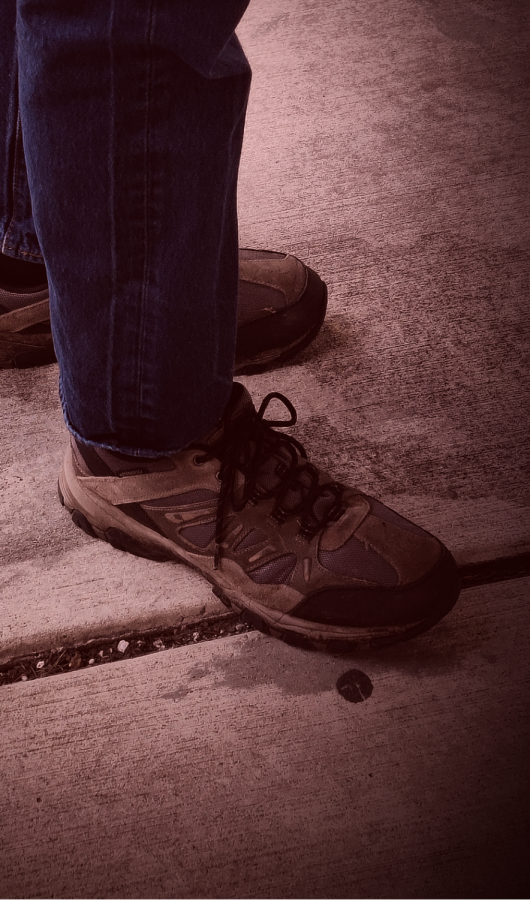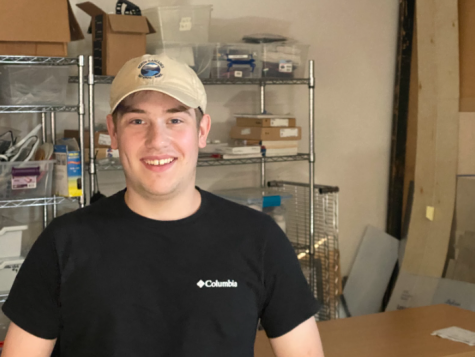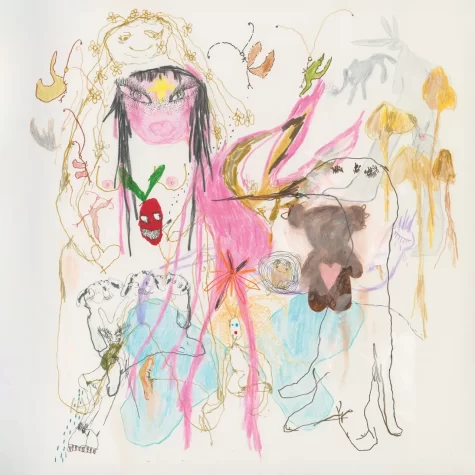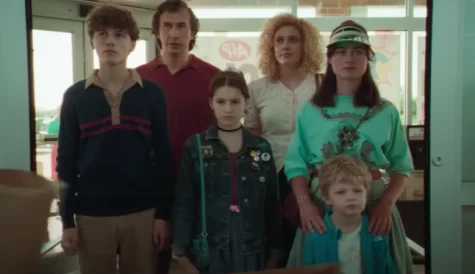Superstition in Daily Life
December 9, 2021
Sometimes, more often in times of stress, we find ourselves acting seemingly irrationally out of habit. Like it or not, this might sometimes be called superstition. Superstition seems to have a continuous role in our daily lives, even when it is subtle.
It would be valuable for us to better understand the role superstition plays in our lives in order to be better aware of a more instinctive side of ourselves. I’d like to share some of my personal opinions on superstition, along with some ideas gathered from some students I’ve interviewed.
Now, let’s establish what superstition is and what we’re looking for. For the purpose of this article, I’m going to say superstition is considered to be a belief in supernatural influences, such as fate, or simply a desire to control unpredictable factors.
In other words, “superstition” might be something common like the number 13 meaning bad luck, or something more simple, like the feeling that a dirty shirt will mean you’ll have a bad day.
For example, a student at Capital, Jessica, told me: “Superstition drives creativity.” She elaborated by explaining how belief in the Greek Gods could be called a kind of superstition, and how it still influences our culture today in little ways. Take for example the rouge-like game Hades, in which you play Zagreus, who although is not in the Greek Pantheon, his father Hades is. The game Hades was created out of the creativity offered by superstition.
Another idea, this one having been offered by another student at Capital, Micheal: “I think superstition depends on perspective.” After we talked more on the subject, Micheal explained he wasn’t superstitious himself, but mentioned his parents were deeply religious. Agreeing with the idea, I reflected on how superstition for one person might be a common belief for another, and vice versa. Micheal agreed, and we discussed the real life example of how anti-vaxxers probably believe that belief in functioning vaccines are a superstition and vice versa.
A final idea I received from Ethan: “Well, I don’t know if it counts as superstition, but fog certainly is unsettling to me.” In turn, I felt that the impressions we get from our environment, while not backed by evidence, can in a way be called superstition. Maybe we’re all superstitious in our own ways, and I’d consider that quite normal.
All in all, I believe that superstition has a role in the creative side of ourselves, depends on perspective if it is even believed to be superstition or common knowledge, and that it is a normal and ever present part of our lives.










